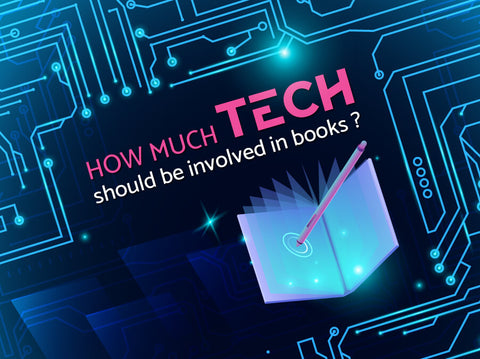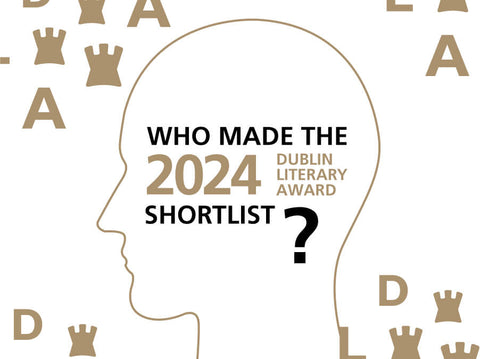Author Rie Kudan won Japan's Akutagawa Prize for her book, The Tokyo Tower of Sympathy. What's interesting about this is that "five per cent" of the award-winning book was written by artificial intelligence. The award committee did not appear to have any problem with this. In her acceptance speech, Kudan said she plans to continue using AI in her work.
Someone on a (private) local book forum asked whether members would be put off reading this book by the Japanese author's use of AI, and the replies were mixed. One thing about this is that Kudan admits to using AI, which is also a theme in her book and features an AI interface – could she have used AI to "voice" that AI? Some authors have embraced AI as part of their writing process and as long as such works are clearly stated as being co-authored in some fashion with AI, the next thing to ask is whether it's good.
A major argument against generative AI in writing is the possibility of plagiarism; most chatbots are trained with data that includes copyrighted works such as the notorious Books3 data set, and critics consider using any text generated with this material as theft. Some have also argued that if you can't describe the interior of a fairy-tale building without AI assistance, why are you even writing?
Craft at the touch of a button?
Interestingly enough, "I can't write this so I asked AI to do it" sounds like what some AI proponents might say when they're told to learn to draw instead of relying on AI-powered art generators. Like drawing, writing is a skill, and those who skip out on exploring how to do either also miss out on picking up related masteries. Why deprive yourself of a learning experience just because you want to see (near-)instant results?
Artists and writers spent years honing their craft. Some may have received formal education as part of it. Without an appreciation of this and the processes involved in producing a book or artwork, its value will be assessed based on its popularity (or virality), and producers will start looking for ways to replicate successes and optimise the creation process to boost profits and output while minimising costs, even at the expense of human talents.
Production houses have mulled replacing human screenwriters with AI or training AI with human work and digitising the voices and likenesses of actors for use in future productions. These were among the fears expressed by writers and actors as they went on strike last year in the United States. But corporates seem keen on taking the use of that technology as far as they can go.
Hard to digest
Perhaps that's what essayist and critic Maris Kreizman is also concerned about when she bemoans the "bulletpointification" of books, particularly those in the self-help genre. How does turning the contents of books into "digestible bite-sized portions that you can upload right to your brain" help the medium? Is there another point to this besides showing off how efficient and bleeding-edge the tech can be?
Unsurprisingly, some have decried the use of such book summary apps, arguing that an overdependence on such apps will make the brain lazy, degrading its ability to process information. Also, the algorithms behind these apps don't work the same way our brains do when absorbing and digesting information.
Books are more than what they impart. They are also collaborations involving professionals from multiple disciplines working together to bring to life their authors' visions. When you buy a book, you're also paying for the effort that went into it behind the scenes. Reading encourages the imagination, prompting readers to envision and decipher what the author is trying to convey.
Because no two people think alike, interpretations of a piece of literature can vary. In forums discussing books, the clash of ideas spark debate, which may birth new insights and new connections among people. As Kreizman states, "Too many entrepreneurs come into the book space and don't realize that the majority of readers love to get lost in books and to ponder them and process them and to argue with our friends about them."
Injecting optimisation and efficiency into the process limits what books can be and what they can do. Is gaining knowledge and skill sets merely the goal of studying? Isn't studying, which includes reading, also a skill? What will happen to our ability to acquire and process knowledge when books are condensed into "pills of knowledge" people can just take?
Let books be read
The CEO of a major international publishing house expressed hope that AI will help boost book production and keep the number of hires low. Tech-assisted spelling and grammar correction, plagiarism detection, and perhaps marketing tagline generation would be great.
But heaven forbid that algorithms will learn to write so well, their words will pluck at our heartstrings like the fingers of a practised harpist. Also, enough of making it so that we can download books into our brains.
Let books be diverse, messy, thought-provoking, of any size, and pretty much whatever their authors want them to be. And let books be read.





Comments (0)
There are no comments for this article. Be the first one to leave a message!